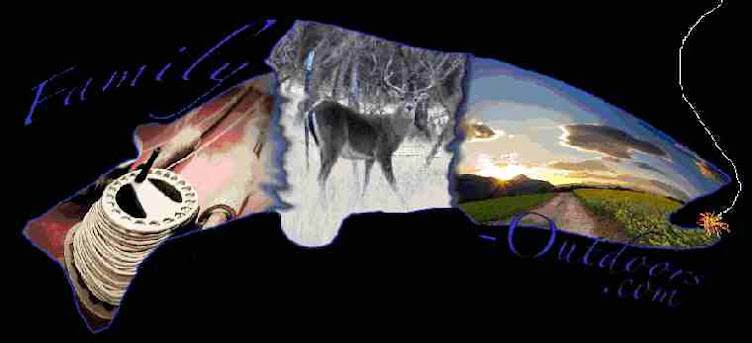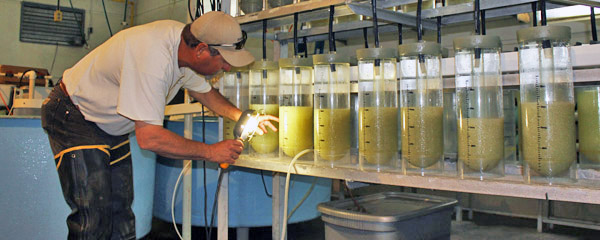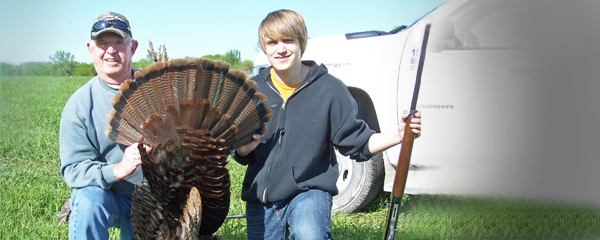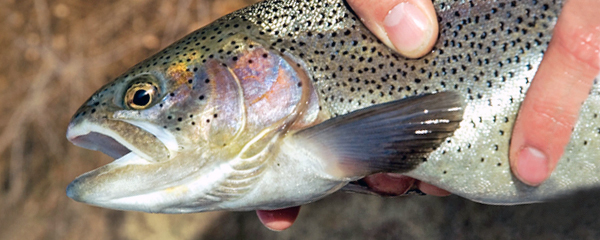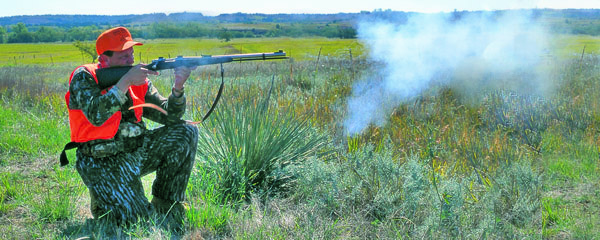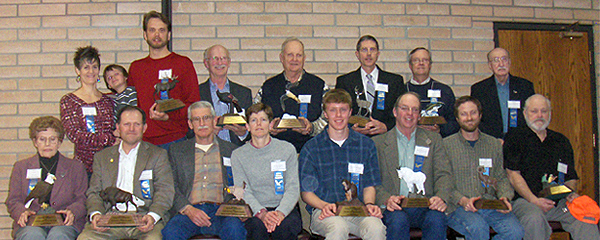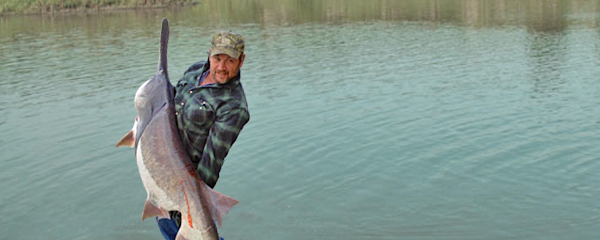TOPEKA – On Saturday, Mar. 9, the Kansas Department of Wildlife, Parks and Tourism (KDWPT) will host a free entrance day and open houses at all state parks. Visitors will also have the opportunity to enjoy a variety of events at most parks.
During the open houses, park visitors can take advantage of low, off-season camping permit prices. Mar. 31 is the last day annual camping permits are priced at off-season discounts. On Apr. 1, the prices increase to their regular prime-season levels. Visitors can purchase annual camping permits and make cabin or campsite reservations during the open houses, as well. For pricing information, or to purchase permits online, go to the KDWPT website,
ksoutdoors.com. For online permit purchases, click the License/Permits icon. For campsite and cabin reservations, click the Reservations icon.
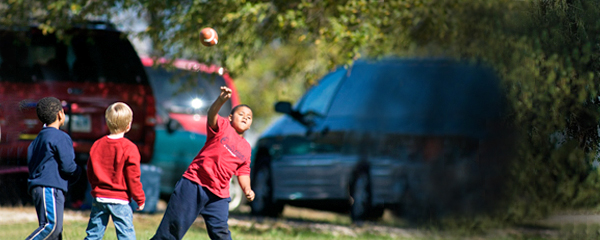 |
Free entrance at all Kansas state parks,
along with special events for the family |
Kansas motor vehicle owners can now buy an annual park vehicle permit as part of their vehicle registration process. The permit – called a Kansas State Parks Passport – will cost $15.00 (county treasurers can elect to add a $0.50 service fee). This lower-price, non-transferable permit will be available only during the vehicle registration process at a motor vehicle registration office, through the online vehicle registration site at
www.kswebtags.org or when registering by mail. The Kansas State Parks Passport will expire when the vehicle registration expires a year later.
Park entry is free on March 9, but persons who would like to buy an annual park permit before they register their vehicles can do so at any KDWPT office, Kansas license vendor or through the KDWPT website, and then request a pro-rated refund for the difference in cost after purchasing their Kansas State Parks Passport.
State parks and their special events are listed below:
Cedar Bluff
Open house: 9:00 a.m. – 4:00 p.m.
Park and cabin tours all day
Free hot dog feed: 11:30 a.m. – 1:00 p.m.
Refreshments served all day
Cheney
Office open: 8:00 a.m. – 4:30 p.m. for permit sales and to answer questions
Cabin tours
Clinton
Park office open: 10:00 a.m. – 6:00 p.m. with animal viewing and show-and-tell.
Cabin open house: 11:00 a.m. – 3:00 p.m.
Entrance gate open: 8:00 a.m. – 8:00 p.m.
Crawford
Park office open: 8:00 a.m. – 4:30 p.m. for permit sales
Cabin tours
Courtesy boat inspections upon request
Cross Timbers & Fall River
Park office, Toronto Point gate, and Fredonia Bay gate: open 9:00 a.m. – 4:00 p.m.
Cabin open houses at both parks: 10:00 a.m. – 2:00 p.m.
Trail hikes at each cabin beginning at 1:00 p.m.
Eisenhower
Open house: 9:00 a.m. – 4:00 p.m.
Cabin open for viewing
Hot dogs and refreshments
5K Run/Walk sponsored by Osage City Warmth Fund
Games
El Dorado
Park office open: 8:00 a.m. – 4:00 p.m.
Courtesy boat inspections upon request
Two skins and skull programs: 11:00 a.m. and 2:00 p.m.
Cabin tours available upon request and availability
Elk City
Park office open: 9:00 a.m. – 4:00 p.m.
Events run from 10:00 a.m. – 3:00 p.m.
One-mile nature hike
Fishing derby at kids fishing pond
Geocaching
Free hot dog feed: noon – 1:00 p.m.
Drawings for prizes
Glen Elder
Park office and cabin open: 10:00 a.m. – 3:00 p.m.
Hillsdale
Park office open: 9:00 a.m. – 5:00 p.m. for permit sales and to answer questions
Shooting range open for questions: 9:00 a.m. – 5:00 p.m.
Kanopolis
Park office open: 8:00 a.m. – 4:30 p.m.
Cabin open house: 11:00 a.m. – 3:00 p.m.
Lovewell
Park office open: 8:00 a.m. – 4:30 p.m.
Cabin tours: 10:00 a.m. – 2:00 p.m.
Lovewell and Glen Elder fishing presentation: 10:30 a.m. – 11:00 a.m. and 1:30 p.m. – 2:00 p.m. at Willow Group Shelter
Lovewell Marina open all day to serve refreshments
Meade
Open house: 9:00 a.m. – 4:00 p.m.
Cabin and campsite reservation system information
Refreshments served all day
Milford
Park office open: 8:00 a.m. – 4:30 p.m.
Courtesy boat inspections at the office
Cabin open for tours upon request and availability
Coffee and cookies
Perry
Coffee and cookies at park office: 10:00 a.m. – 4:00 p.m.
Cabin open
Car show: 11:00 a.m. and 2:00 p.m. at office parking lot
Pomona
Park office open: 10:00 a.m. – 6:00 p.m. for permit sales
Cabin tours: 11:00 a.m. – 6:00 p.m.
RV Show hosted by Olathe Ford RV
Disc golf
Scavenger hunt
Personal watercraft simulator
Easter egg hunt: 1:00 p.m.
Food vendors on site
Lighthouse Bay Marina open
Prairie Dog
Open house: 9:00 a.m. – 4:00 p.m.
Cabin and Adobe House tours: 9:00 a.m. – 4:00 p.m.
Prairie Spirit Trail
City of Iola, Riverside Park: 8:00 a.m. – noon
Allen County Thrive PowerPoint on trail extension
Franklin County CVB, Garnett Chamber, Iola Chamber presentations
Allen County Hospital blood pressure and BMI evaluation
Snacks by Friends of Prairie Spirit Trail
Lake Scott
Open house and all events: 9:00 a.m. – 4:00 p.m.
Cookies and punch
Cabin tours
Slide show of park pictures
State Parks Passport information
Requirements for senior fishing licenses
Tuttle Creek
Park office open: 8:00 a.m. – 4:30 p.m.
Courtesy boat inspections: 8:00 a.m. – 4:30 p.m.
Sioux Cabin open: 10:00 a.m. – 2:00 p.m.
Instructional archery shooting, Nihart Range: 10:00 a.m. – 2:00 p.m.
Skins/skulls/trapping, Nihart Range: 10:00 a.m. – 2:00 p.m.
Coffee and cookies
Trout fishing at Willow Lake (to be stocked Mar. 7). Applicable licenses and permits required.
Webster
Open house: 9:00 a.m. – 4:00 p.m.
Boat show in Old Marina Cove: 10:00 a.m. – 3:00 p.m.
BBQ grill demonstrations: 10:00 a.m. – 3:00 p.m.
Traeger Grills at Lakeview Shelter #5
Green Mountain Grills at Townsite Shelter
Ozark Mountain Grills at Hill Top Shelter
Wilson
Park office open: 10:00 a.m. – 4:00 p.m. for permit sales
Cabin open for tours


